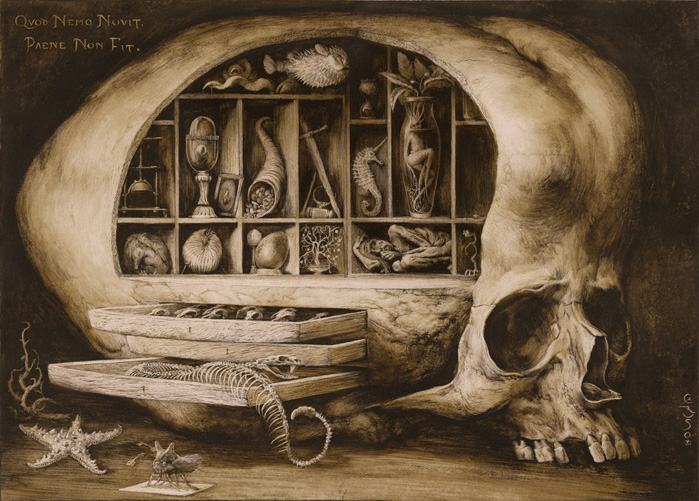The colour of the things
DOI:
https://doi.org/10.13130/2239-5474/9093Keywords:
Reflection, experience, word, act, passionAbstract
The topic of this essay is the work of the reflection. After having focused on the «rift» between reflection (i.e., «seeing oneself») and its working in Valéry’s thought, Vitiello focuses on the process which Hegel described in The Phenomenology of Spirit, namely the process of the experience of the consciousness, which elevates itself to the consciousness of the experience. The conclusion is strongly critical: Hegel misses the aim at the very point in which he achieves it. Indeed, in the absolute knowledge, in the complete and perfect view of itself, of the light which sees the light, the experience of the consciousness itself fails, its becoming, its «imperfection» fail. The critique of Hegel, passing through Nietzsche, expands to a critique of language, in particular of the language of «being» and of «is», and of the Heideggerian tautologies, such as «das Ereignis ereignet», «das Ding dingt», «die Welt weltet». An important passage of the text concerns the theatrical language, in which the word seems to regain the original bond between voice and gesture, which remains divided nevertheless, because the medium itself which connects them – i.e., the «color» of the word – is «outside» the word and «outside» the gesture. Only the word of the act, of the pragmata, remains. In such a word, doing exhibits its most appropriate modality, namely the immediacy of being-affected: the cry of pain; or the reflexive mediacy of the moral imperative: Handle! The two opposite «colours» of the things.
Downloads
Published
Issue
Section
License
- Authors retain copyright and grant the journal right of first publication with the work simultaneously licensed under a Creative Commons Attribution License that allows others to share the work with an acknowledgement of the work's authorship and initial publication in this journal.
- Authors are able to enter into separate, additional contractual arrangements for the non-exclusive distribution of the journal's published version of the work (e.g., post it to an institutional repository or publish it in a book), with an acknowledgement of its initial publication in this journal.
- Authors are permitted and encouraged to post their work online (e.g., in institutional repositories or on their website) prior to and during the submission process, as it can lead to productive exchanges, as well as earlier and greater citation of published work (See The Effect of Open Access).



